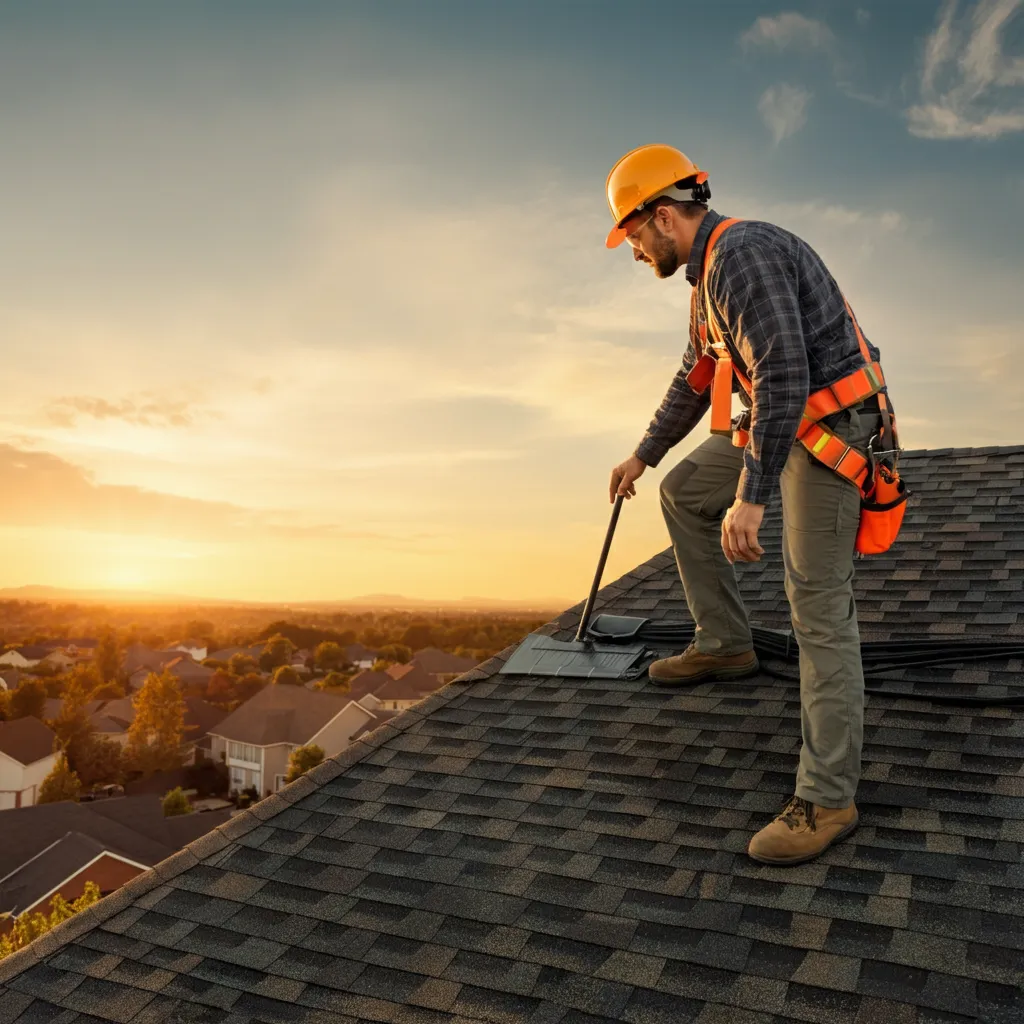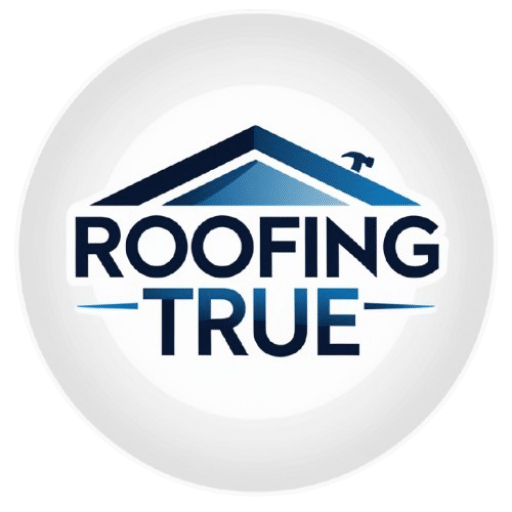
Your home’s roof is its first line of defense against the elements. Whether you’re a homeowner looking to address potential issues, a contractor estimating project costs, or a DIY enthusiast researching home maintenance, understanding roof inspection costs is essential.
This guide will cover everything you need to know about roof inspection pricing, from what influences costs to the benefits of routine checks. By the end, you’ll be equipped to make informed decisions about investing in your roof’s health and safety.
The Worth of a Roof Inspection
A roof inspection involves a thorough evaluation of your roof’s condition to identify damage, structural issues, and potential risks. It’s a critical preventive measure that can save homeowners thousands of dollars in repairs by catching problems early.
Typical benefits of roof inspections include:
- Identifying leaks, cracks, or missing shingles
- Assessing wear and tear due to weather or aging
- Preventing water damage and mold growth
- Ensuring the longevity and safety of your home
The cost of skipping inspections? You risk expensive repairs or even a full roof replacement—a financial burden no one wants to face.
Factors Influencing Inspection Costs
The price of a roof inspection isn’t one-size-fits-all. Several factors can influence the cost, including:
- Size of the Roof – Larger roofs require more time to inspect, increasing labor costs.
- Type of Inspection – A basic visual inspection is more affordable than advanced inspections, such as those using drones, infrared technology, or moisture sensors.
- Inspector’s Expertise – Certified roof inspectors or specialists often charge higher fees but provide more detailed and reliable evaluations.
- Inspection Frequency – Routine inspections may come with discounts if bundled into ongoing maintenance plans.
Homeowners should obtain quotes from multiple providers to understand how these factors impact final pricing.
Types of Roofs and Their Prices
The type of roof you have also plays a significant role in inspection costs. Here’s how pricing typically varies:
- Flat Roofs ($100–$250): Easier to access and inspect due to their structure, resulting in lower costs.
- Sloped Roofs ($200–$500): These require more time and safety measures due to their steep angle.
- Tile or Slate Roofs ($300–$600): While durable, these materials are delicate and require extra care during inspections.
- Metal Roofs ($150–$400): Known for their longevity, but thermal expansion may require specialized assessments.
- Asphalt Shingle Roofs ($100–$300): The most common type, relatively straightforward to inspect.
It’s important to note that inspecting older roofs or those with heavy damage may cost more regardless of roof type due to the extra effort involved.
Geographic Variations in Inspection Fees
Location holds considerable weight when determining the cost of a roof inspection. Factors such as local labor rates, property value, and weather conditions all play a role.
For instance:
- Urban areas tend to have higher inspection fees due to increased demand and higher operating costs for service providers.
- Rural areas may have lower rates, but finding qualified inspectors might be challenging.
- Regions with extreme weather conditions (e.g., hurricanes or snowstorms) may see higher demand for inspections, driving up costs.
Researching inspection costs in your specific area will give you a clearer idea of what’s reasonable to pay.
The Role of Roof Condition in Pricing
The condition of your roof directly impacts inspection costs. Here’s why:
- New or Recently Inspected Roofs – These typically require less effort to assess, keeping inspection costs lower.
- Aging or Damaged Roofs – Extensive wear, missing shingles, or structural issues often lead to longer inspection times and higher fees.
- Access Challenges – Skylights, solar panels, or overgrown trees can complicate inspections, adding to labor costs.
If your roof falls under the latter categories, prepare to budget slightly more for inspections.
Benefits of Regular Roof Inspections
Investing in regular roof inspections might feel like an additional expense, but it’s a wise financial move. Here’s why:
- Prolongs Roof Life – Routine checks ensure timely repairs, extending the lifespan of your roof.
- Prevents Costly Repairs – Early detection of minor issues, like small leaks, prevents them from escalating into major damage.
- Enhances Safety – Inspections address potential hazards, such as loose tiles or weak spots, safeguarding your household.
- Boosts Property Value – A well-maintained roof increases curb appeal and attracts buyers.
Ultimately, regular inspections serve as a proactive approach to saving money while maintaining the integrity of your home.
Hiring a Qualified Inspector: What to Know
When it comes to hiring a roof inspector, qualifications and experience matter. Here are some key considerations:
- Choose certified professionals who hold relevant licenses.
- Look for inspectors with extensive experience in residential or commercial roofs.
- Check reviews and testimonials to assess credibility.
- Ask about insurance coverage, ensuring liability isn’t passed onto you in case of accidents.
Working with a qualified inspector guarantees an accurate evaluation, providing you with peace of mind.
Questions to Ask Before Engaging Services
Before signing a contract with an inspector, ask these essential questions:
- What does the inspection include? – Understand if their service covers structural reviews, ventilation, and drainage systems.
- How long will the inspection take? – A thorough job may vary in length depending on your roof type and condition.
- What inspection tools will be used? – High-tech equipment like drones or thermal cameras can enhance accuracy.
- Can you provide a detailed report? – Look for inspectors who provide written assessments, including photographs and recommendations.
- What is your pricing structure? – Ensure there are no hidden fees and clarify additional charges for extra services.
Arming yourself with these questions will help you select the right professional for your roofing needs.
Strengthening Your Roof Investment
Your roof is one of the most significant investments in your home. By committing to regular inspections and working with qualified professionals, you’ll ensure your roof remains in excellent condition for years to come.
Don’t wait until damage becomes irreversible; schedule your next inspection soon. A little preventive care goes a long way in protecting your home, your wallet, and your peace of mind.






